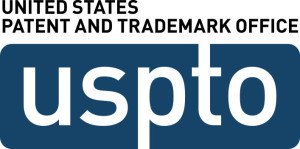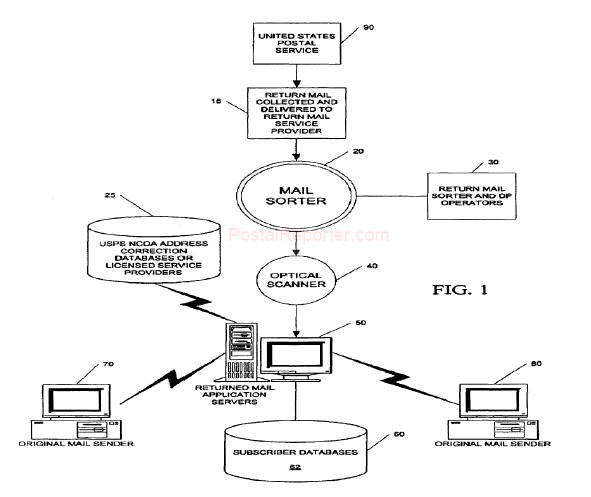 The US Patent Trial and Appeal Board ruled this month USPS has proven a Company’s patent for an automated system that processes returned and undeliverable mail should be canceled. Return Mail Inc. had accused USPS of using the company’s patented process without permission.
The US Patent Trial and Appeal Board ruled this month USPS has proven a Company’s patent for an automated system that processes returned and undeliverable mail should be canceled. Return Mail Inc. had accused USPS of using the company’s patented process without permission.
According to information in the case file
Return Mail invented an automated system that processes returned and undeliverable mail. The system “places barcodes on outgoing pieces of mail containing recipient information, collects and shreds returned items, and electronically updates the address information and transmits to the subscriber’s database.The United States Patent and Trademark Office awarded Return Mail a patent for this invention in 2004. USPS tried to invalidate the patent in 2007 without success.
Return Mail alleged that the Postal Service met with them at least five times to discuss licensing Return Mail’s invention. During those meetings Return Mail alleged the Postal Service learned the details of Return Mail’s invention and ultimately approved a pilot program to use it.
Return Mail alleged that instead of licensing and paying for the use of their invention, the Postal Service took Return Mail’s invention and used it to create its own address change service called OneCode Address Correction Service (or “OneCode ACS”). The Postal Service announced that it would offer OneCodeACS to its customers at no charge in most cases. Return Mail alleged that the Postal Service’s announcement destroyed their business, forcing it to lay-off most of its employees.
The Postal Service asked the Patent and Trademark Office to invalidate Return Mail’s ’548 Patent. The PTO, however, rejected the Postal Service’s efforts, and on January 4, 2011, issued a reexamination certificate confirming the validity of Return Mail’s patent.
In February 2011, Return Mail, Inc. filed a lawsuit alleging that the United States Postal Service was using the company’s patented process for handling undeliverable mail without permission.
In April 2014, the USPS petitioned the PTAB for another review under a covered business method patent review of six of the claims.
In June 2014, the in Alice v. CLS Bank ruled that abstract ideas –which USPS claimed in its request for a review –implemented using a computer are not eligible for a patent. PTAB agreed and canceled Return Mail’s patent.
USPS also contends that the claimed features merely eliminate the very labor intensive task of manually updating individual mailing address records. USPS argues that the claims employ no specific technology, and “recite only nominal, generic, long-existing technologies, such as the common telephone, any computer, or any Internet or intranet address or location.” USPS also argues that, even if these claimed features could be characterized as technical, they are not novel or nonobvious, nor do they introduce a technical solution to a technical problem.
USPS has shown, by a preponderance of the evidence, that claims 39–44 of the ’548 Patent are unpatentable under 35 U.S.C. § 101.
By PTAB canceling Return Mail’s patent –it may also invalidate their lawsuit –currently pending in the US Court of Federal Claims–for USPS to pay infringement fees.
**USPS submitted request for the court to suspend proceedings in the case until outcome of PTAB review. Retail Mail claims all of the issues will not be resolved if PTAB rules in USPS’s favor.
